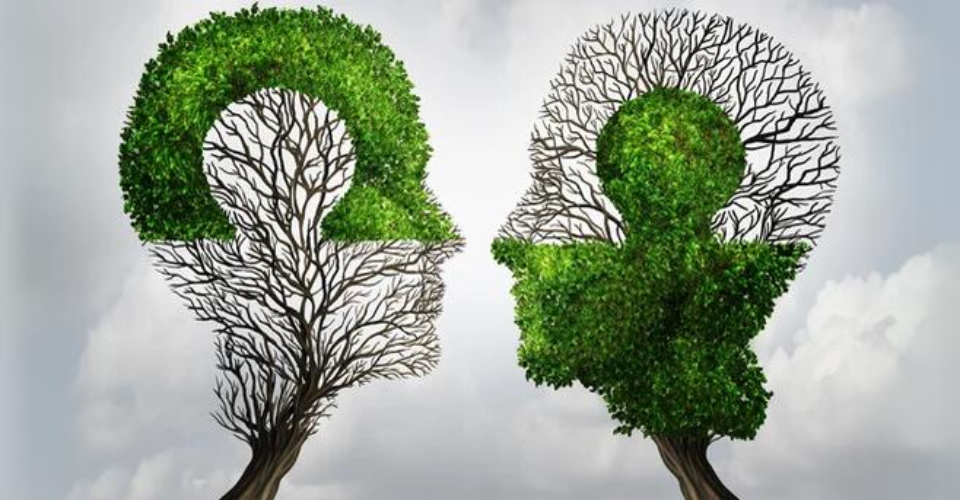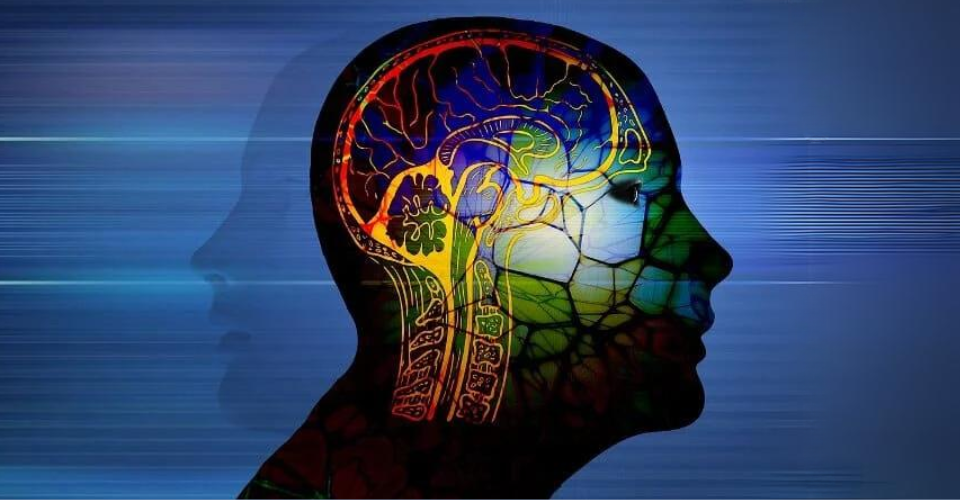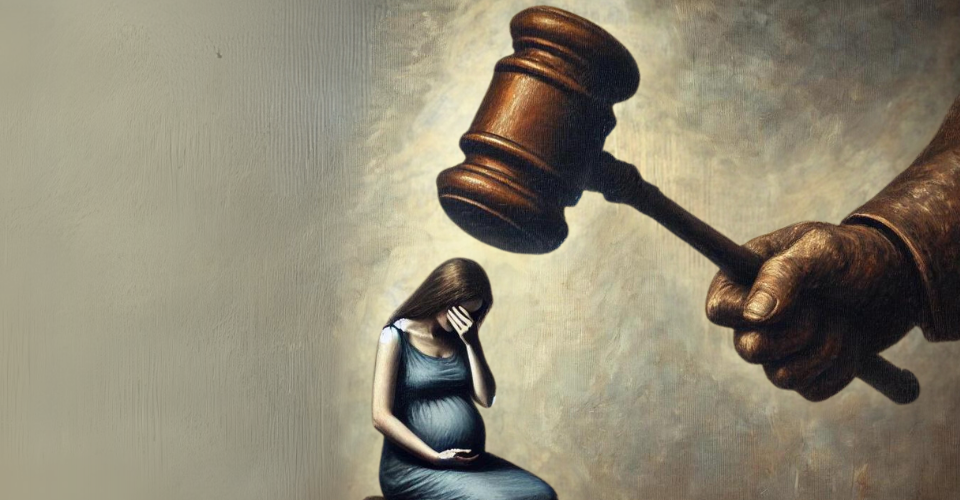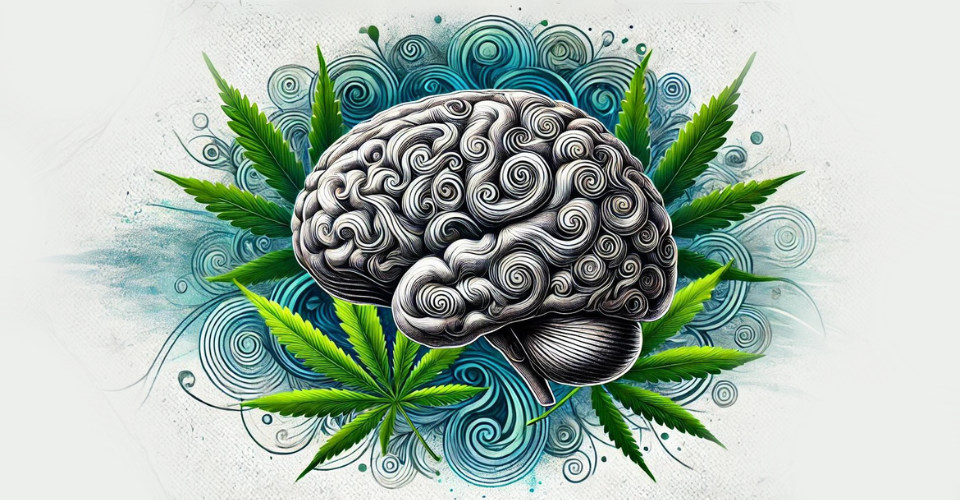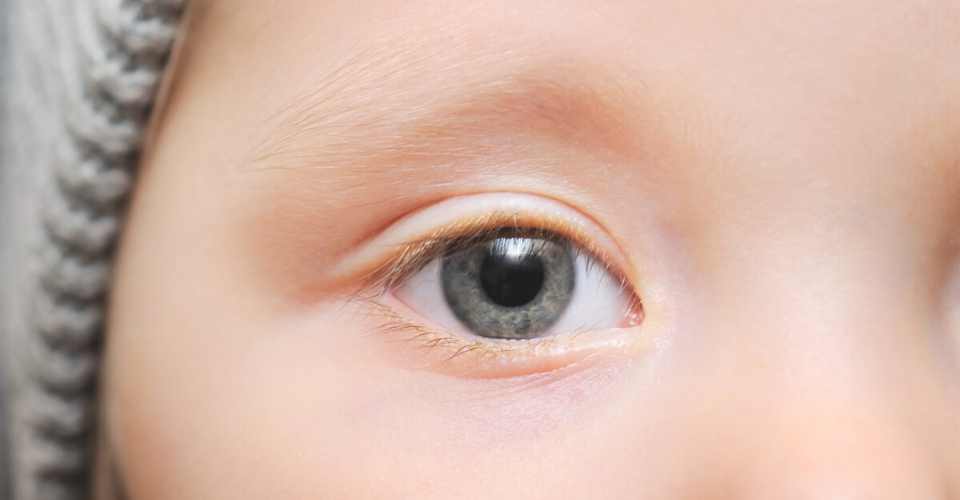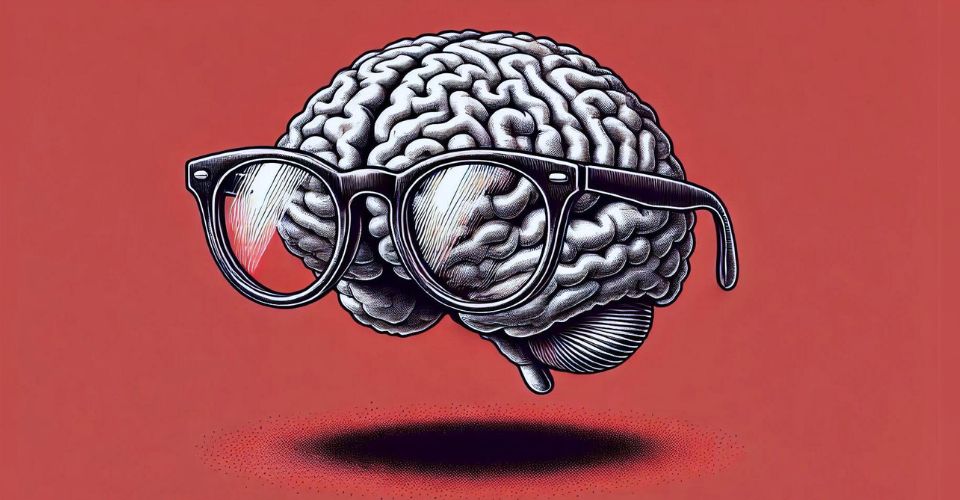- Research shows that highly religious people can experience intensified religious or spiritual struggles in the face of suffering.
- The study highlights the importance of addressing faith-related challenges to promote a compassionate approach toward mental health within the context of religion.
Spirituality And Religion
Spirituality and religion have long been significant aspects of human culture and society. For some people, spirituality and religion are intertwined. Religious beliefs and practices often form the foundation of their spiritual lives.
Religion provides a framework for understanding the world, offering guidance on ethical and moral principles, and offering rituals and practices that help individuals connect with the divine. It can provide a sense of community and support, and offer solace during difficult times.
Religion And Mental Health Issues
Research on the relationship between religion and mental health provides an ambiguous verdict. Some studies claim that religious rituals—such as prayers and religious service attendance—are associated with significantly lower levels of mental health issues like depression, anxiety, and substance use. Piety is proven to promote greater emotional well-being, life satisfaction, and social support.
On the other hand, religion can present challenges for individuals struggling with mental health issues. Some religious traditions stigmatize mental illness, attributing it to moral or spiritual failings and thereby discouraging seeking professional help.
This can result in individuals with mental health issues feeling ostracized, misunderstood, or guilty for their struggles. Additionally, religious beliefs or practices that involve strict rules, rituals, or expectations can exacerbate symptoms of mental health disorders, such as anxiety or obsessive-compulsive disorder.
Can Highly Religious People Struggle With Faith?
While religion can provide comfort and stability for many, highly religious individuals may face unique challenges related to their faith. For instance, a recent study revealed that many individuals may encounter struggles related to spirituality and religion when confronted with suffering.
The team of researchers from Westmont College analyzed data from a longitudinal study aimed at investigating the effects of COVID-19 on psychological and spiritual well-being in adults with chronic illnesses.
The findings surprisingly revealed that being more devout and spiritually resilient could potentially intensify the impact of suffering on one’s religious or spiritual struggles. In fact, individuals with higher levels of religious commitment and spiritual fortitude may experience a stronger link between suffering and subsequent struggles in their religious or spiritual beliefs.
The researchers elaborated: “There’s this notion that people who are really religious and highly involved in faith activities will be able to weather challenging experiences with little to no struggle with doubt. But our study says pretty much the opposite: people who invest the most in God and religious activities struggle the most with faith when they experience suffering.”
Balancing Piety And Mental Health
Therefore, it is essential to recognize that mental health is a vital aspect of overall well-being, and individuals should not feel guilty or ashamed for seeking professional help when needed, regardless of their piety or practices.
It is also important to address faith-related challenges and promote a compassionate and inclusive approach that supports individuals with mental health issues within the context of their religions.
Know More About –
Related Articles –
- 7 Differences Between Religion and Spirituality
- Waking Up From Religion: Finding Spirituality Without Religion
- The 8 Stages Of Leaving Organized Religion










